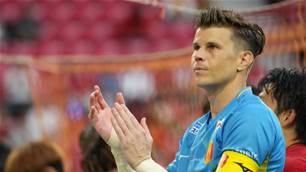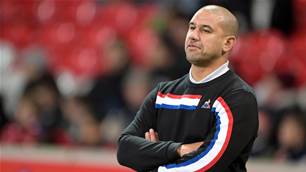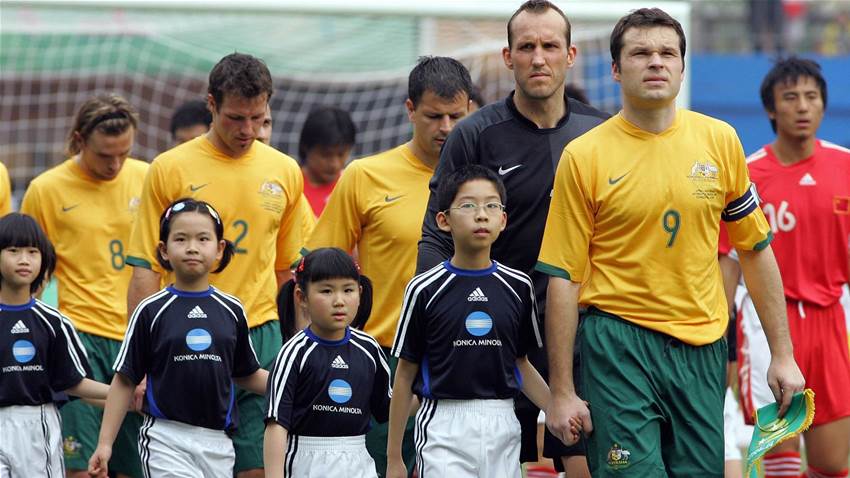On Tuesday, Professional Footballers Australia (PFA) released the results of a long study seeking to guide future development pathways.
An 18-month study undertaken with Victoria University (VU) entitled “Culture Amplifies Talent: Building a Framework for Golden Generations,” 17 'Golden Generation' participants ranging from 1972 born Paul Okon to 1989 born Nathan Burns were surveyed in order to determine the commonalities in their development.
With their results strikingly similar despite their different backgrounds, the Golden Generation's findings were then contrasted with interview results from five youth players aged in their late teens conducted in 2018.
At a base level, the study underlined that the success of the 'Golden Generation' was not indicative of what should be Australia’s base level but was instead an outlier. The rapidly expanding talent pool in Australia today, it found, was reverting back to the mean after an unprecedented high-point rather than experiencing a drop-off.
In all, the PFA/VU study identified five key pillars that were present among the individuals from the golden generation: passion, family, mentality, environment, practice and pathway – that, whilst also present in members of the current generation, manifested themselves in different ways.
The full study can be found here.
Passion:
Looking to nail down the nebulous concept of passion, the surveys determined that, while both generations developed a deep love for the game at a young age through family and friends, their understanding of football’s greater global context differed.
Members of the Golden Generation, their exposure to the greater global game limited to highlight shows on SBS or print, had a grounding in football that was predominantly based upon a passion for the scene of local clubs and representing Australia.
In contrast, thanks to the globalised nature of information and technology, players from the current generation possess a greater understanding of the global context of football and the lifestyle outcomes possible from a career in the game.
As the report puts it, “…Golden Generation players had a global awareness but a local focus, while today’s players have a local awareness but a global focus.”
Family:
When it came to family, both Golden and present generations – both of which drew from samples predominantly of middle-class backgrounds - identified familial support and sacrifice as key to the development – with the key divergence arising when it came to the place football held within the family’s culture.
Members of the Golden Generation were more likely to be brought up in families wherein football was ingrained into its culture whereas modern footballers had football emerge as a vital part of the family dynamic only after they began to excel.
The role of siblings has also been altered. Although the presence of a sibling remains important, changing demographics and societal trends such as parental working arrangements meaning that their role has shifted from that of a similarly aged playmate to that of a slightly older facilitator.
With demographic trends showing that family units are increasingly shrinking, the report highlights the possible pitfalls on the horizon as one-child households become the norm.
Mentality:
Both generations surveyed in the study identified a need for voluntary hard work and dedication as being behind their success. However, the study does acknowledge, that with only the best of the best selected as research subjects, there are challenges in extrapolating the data to cover the dedication present in the average player of today.
In addition to the self-motivation displayed by the Golden Generation, current-generation players also identified extrinsic factors such as coach recognition as a driver of their motivation. Such a shift is consistent with the transition within the Australian system to a more professional outlook.
Whereas members of the golden generation – perhaps thanks to the benefit of being able to look back in hindsight at the end of long careers rather than at their beginning – were able to identify setbacks that they had overcome to build resilience, none of the current generations did so.
Related Articles
.jpeg&h=172&w=306&c=1&s=1)
Socceroos prodigy returns to A-League after horror run

Star keeper's exit heralds hero's return at A-League giant













